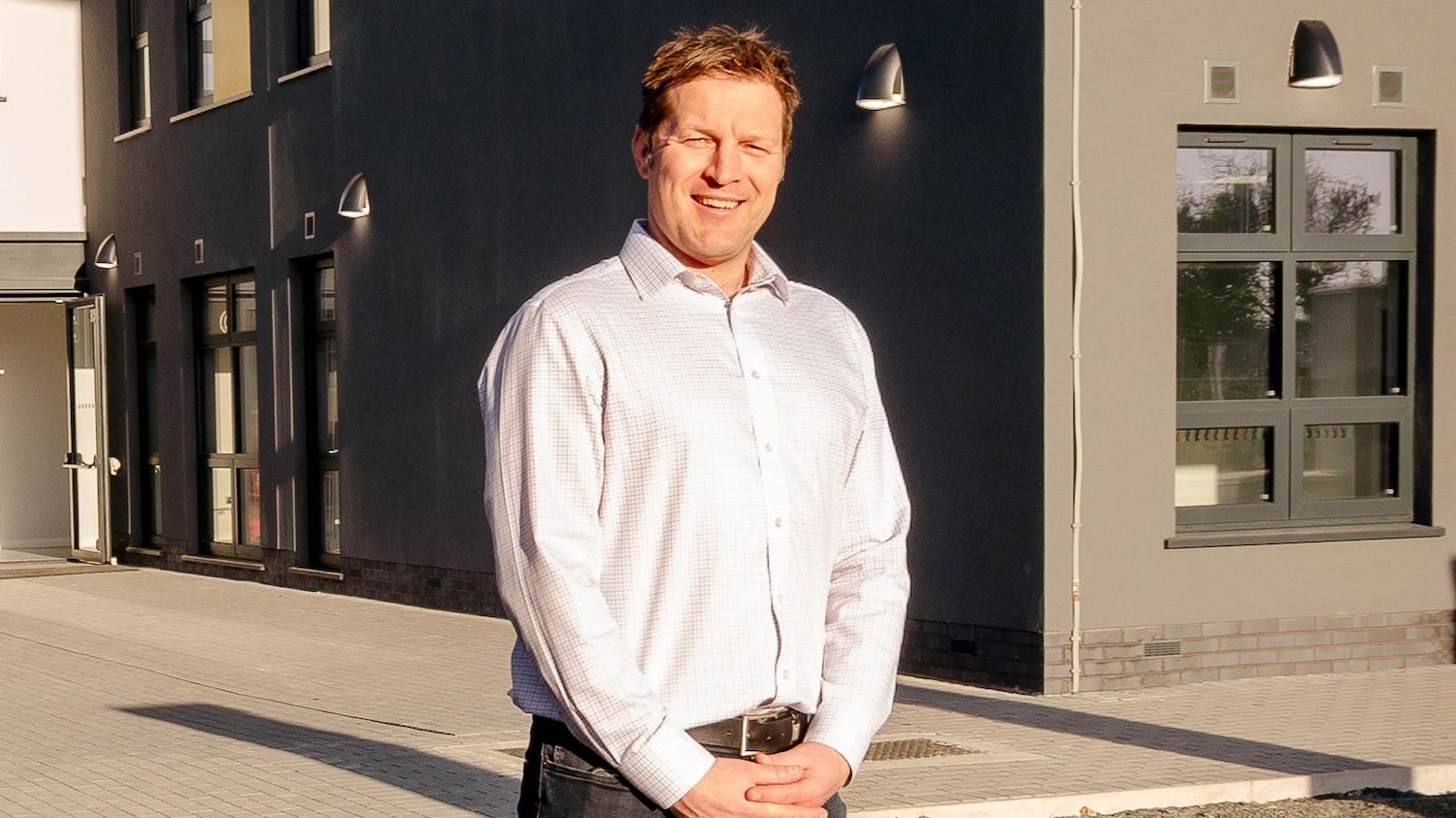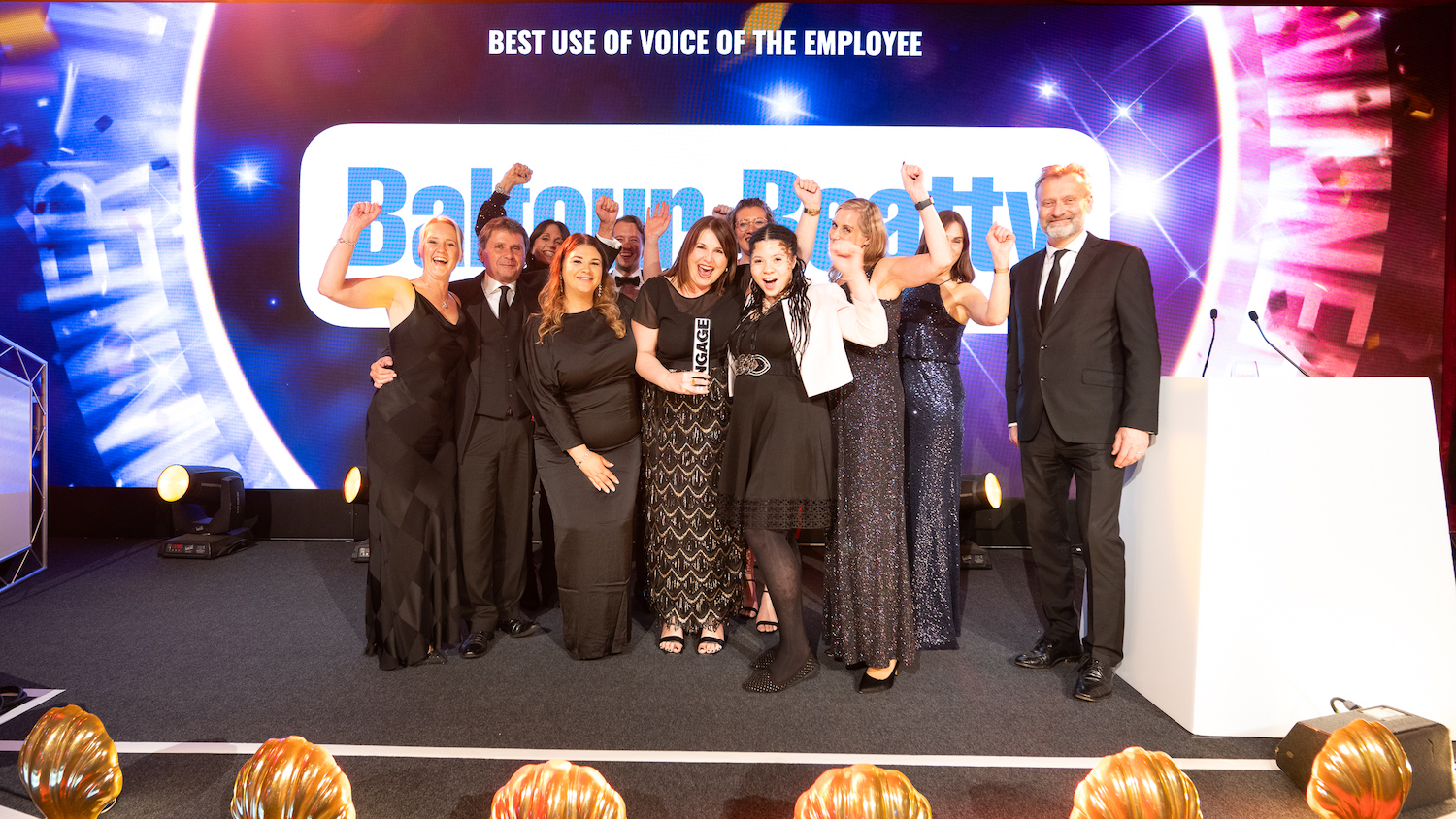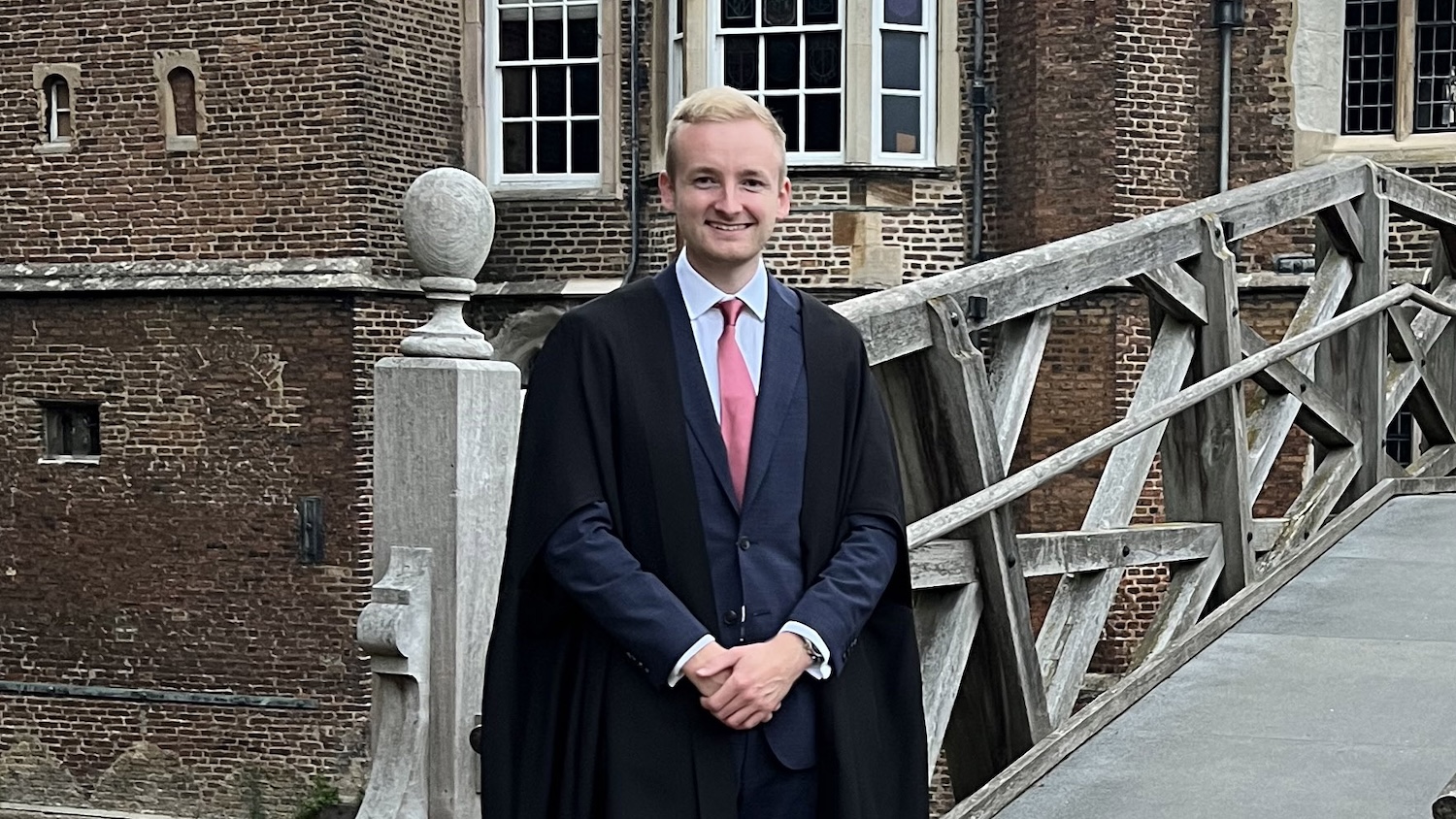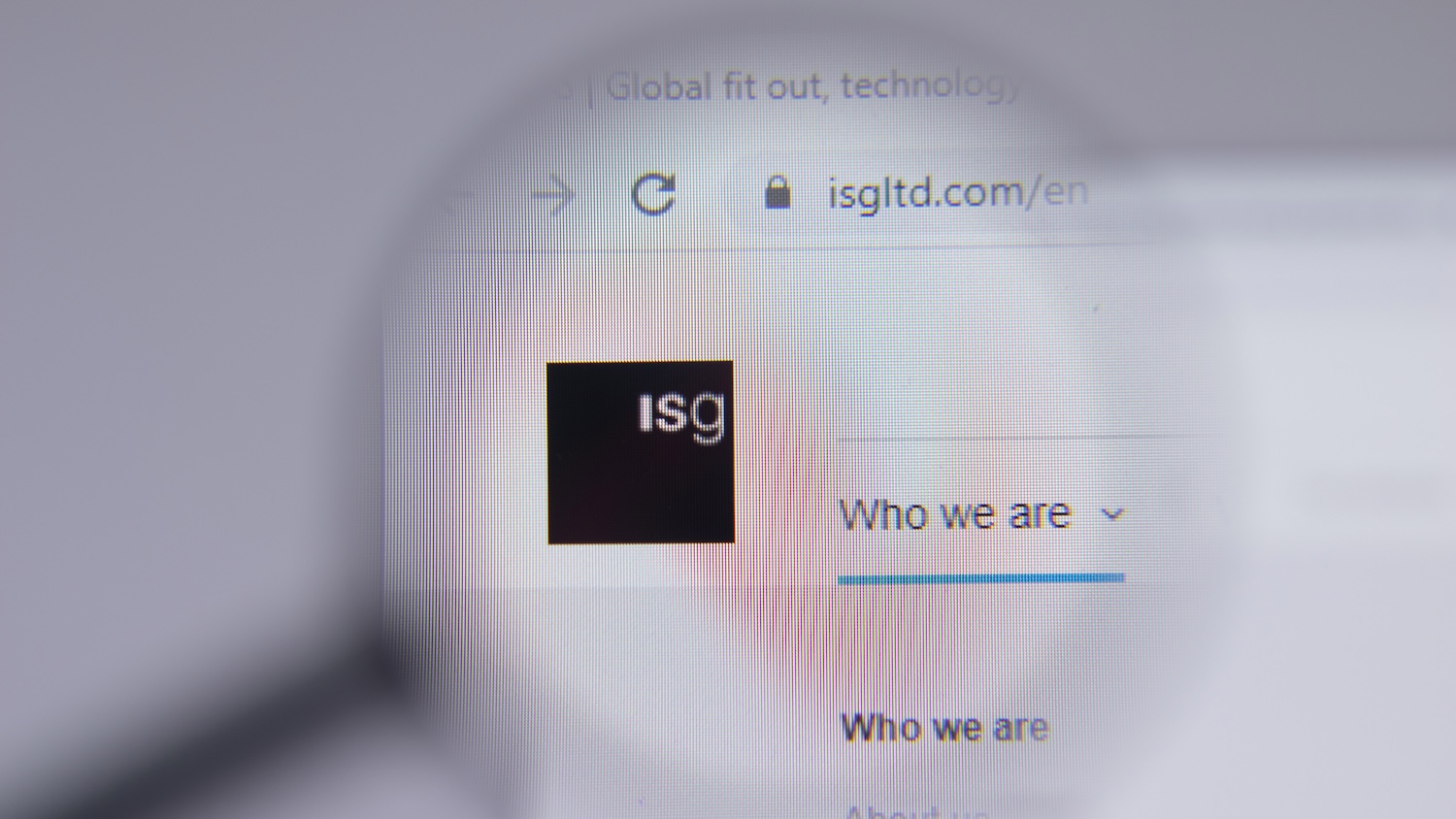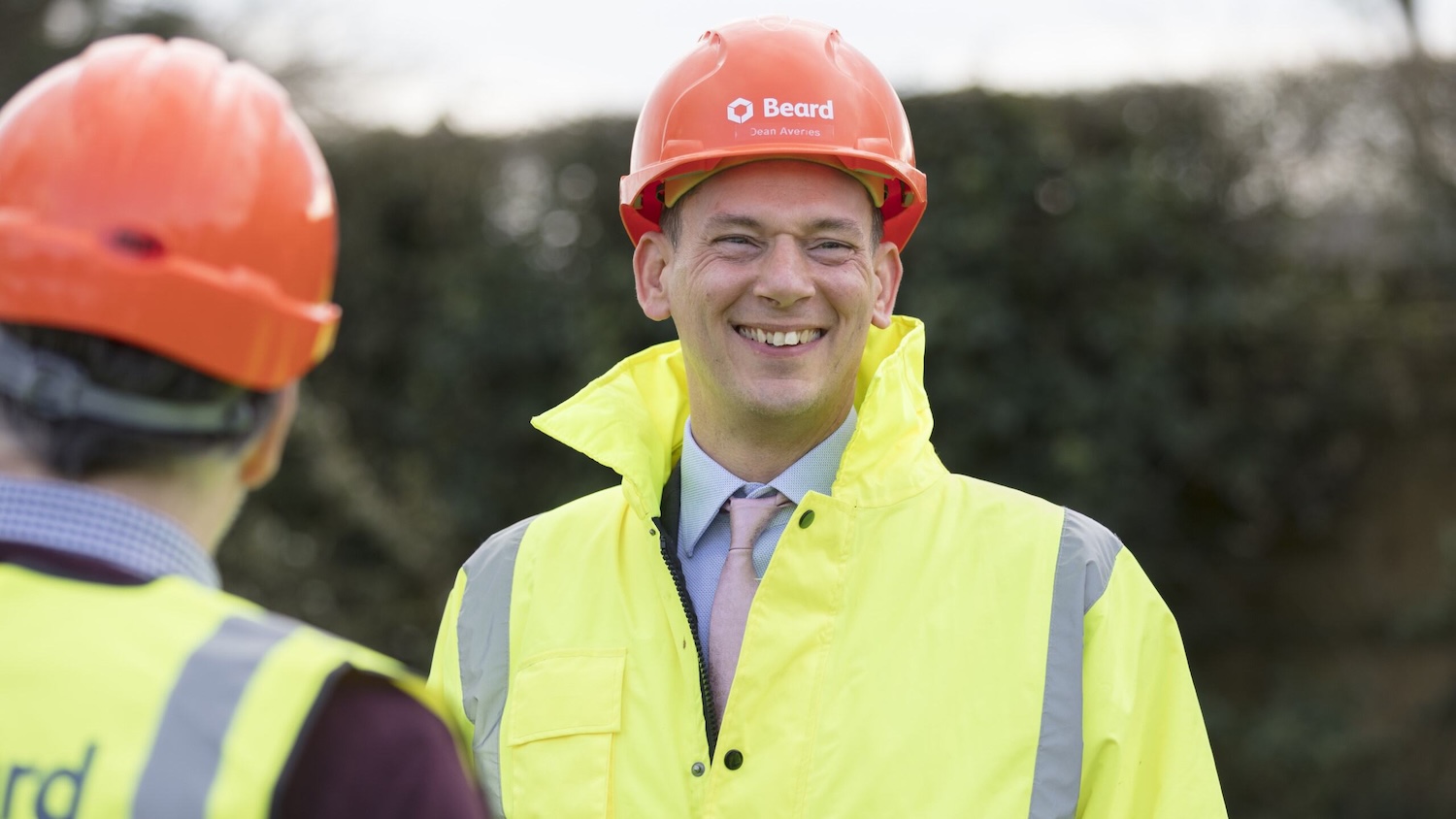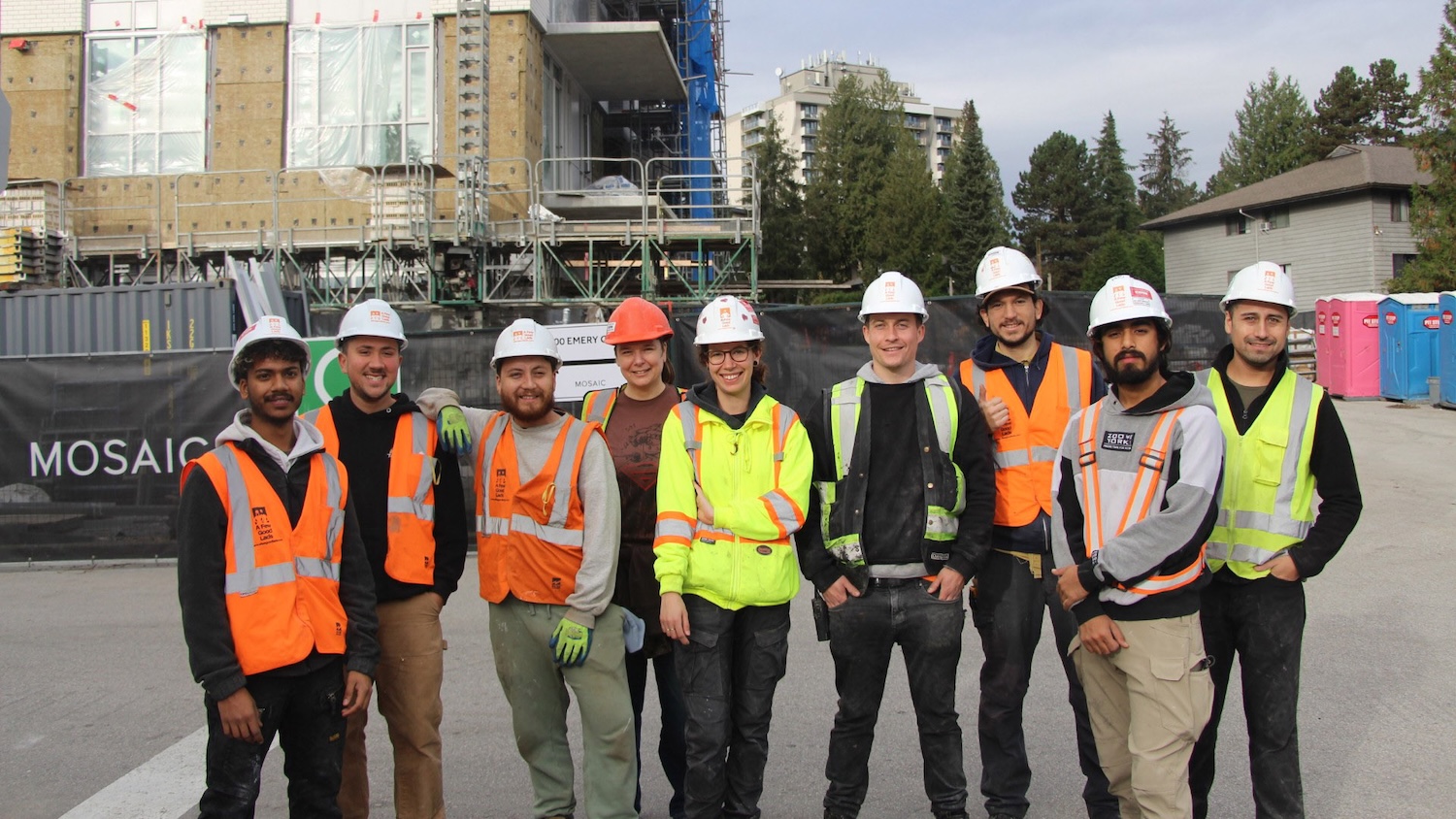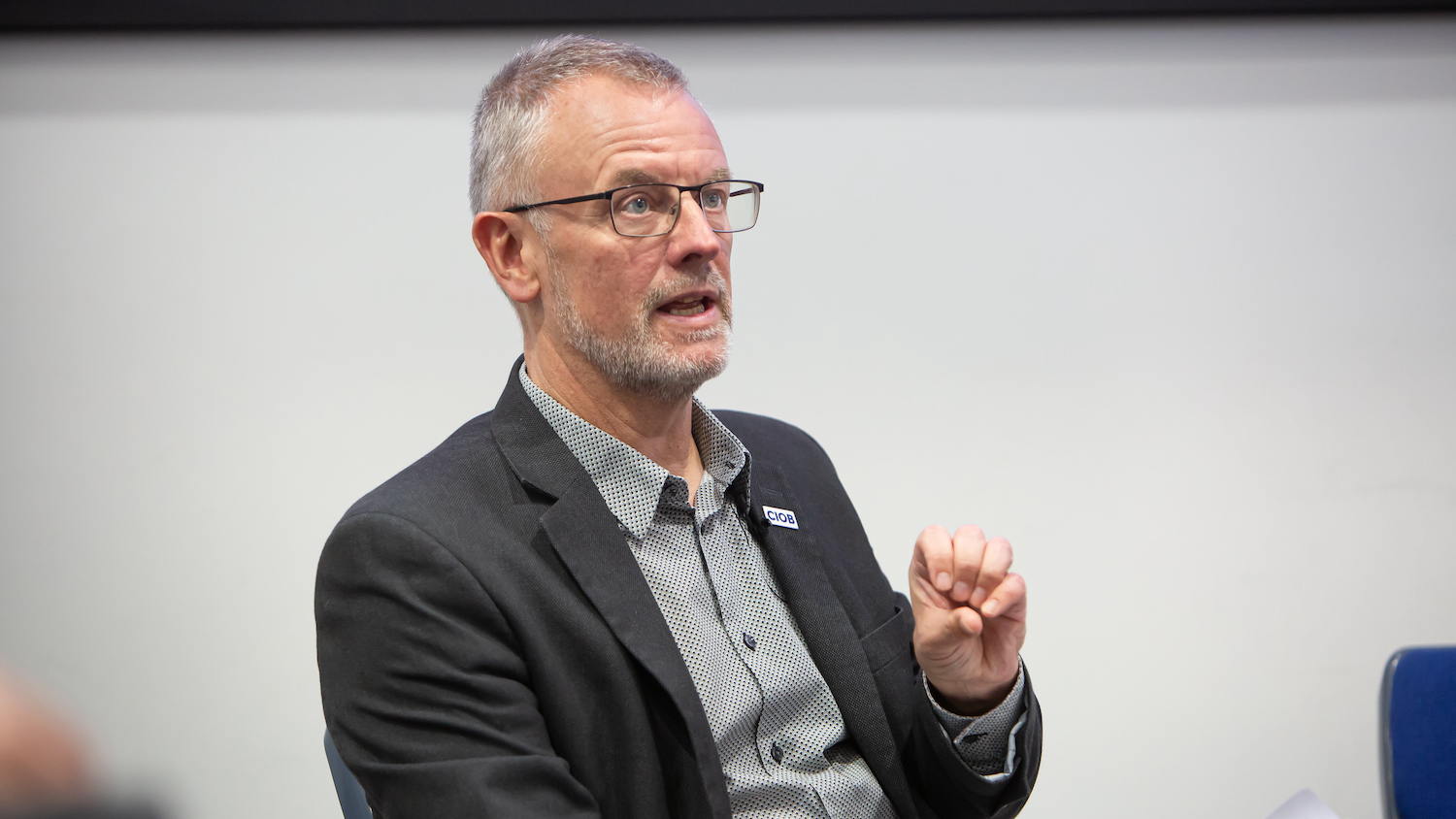
CIOB head of EDI: we need a ‘meritocratic approach to employment’
CIOB’s Mark Harrison reflects on his first three years as head of EDI and sets out his mission for 2024 and beyond
In January 2021, Mark Harrison joined the Chartered Institute of Building (CIOB) as its first head of equality, diversity and inclusion (EDI).
Reporting directly to CEO Caroline Gumble, Harrison’s remit cuts across all functions of the CIOB.
“As we approach almost 50,000 members internationally, our focus is on both our membership and the wider sector.
“Everything we do is aligned with the first objective of our Royal Charter, which is to promote the highest standards and education in construction for the benefit of all,” he explains.
“Our focus isn’t just on our members, it’s about the benefits for our wider society – the people who live in and use the buildings and the infrastructure that our members provide.”
Since Harrison started his role, the CIOB has continued making significant strides in its ambition to improve EDI across its membership and the wider sector.
Charter for change
The launch of the Diversity and Inclusion Charter in 2021 illustrates the institution’s renewed commitment to supporting built environment employers with practical guidance and recommendations.
More than 230 businesses have already signed the Charter, which includes five key actions:
- Show leadership
- Make a plan
- Shape the culture
- Be transparent
- Be accountable
“The Charter is written in a way that is as relevant for SMEs as it is for larger companies SMEs,” Harrison says. “The commitments are translatable to any size of organisation and any working environment.
Coming into the built environment sector, the enthusiasm for change has been really refreshing. There are many more people advocating for change than I had hoped for
“Our international membership means that our members live and work in very different environments that have different legislative, cultural and regulatory measures.”
He adds: “It’s important to listen and understand these differences from our members and EDI ambassadors, ensuring that we’re not making assumptions or seeking to dictate best practice from a UK-centric point of view.”
As well as the new Charter, Harrison has also overseen CIOB’s international EDI Conference, its first annual EDI Awards, and a new diversity and inclusion course.
Launched last summer, the three-week training course has been completed by almost 400 built environment professionals.
In it for the long haul
These are just some of the major highlights for Harrison as he reflects on the past three years in the role. But while he is committed to driving change across the sector, he accepts that this is no small task.
“We’re in this for the long haul. Disadvantage and discrimination have existed for hundreds of years – we’re not going to resolve these societal issues overnight, but we can make step changes,” he says.
“My background is in EDI and I’ve been doing this for 16 years across various sectors. Coming into the built environment sector, the enthusiasm for change has been really refreshing. There are many more people advocating for change than I had hoped for.
“Ironically, there are so many people who want to make change that it can be challenging to find a cohesive way of working with everybody.
“We don’t have a regulator in the same way that other sectors do – for example, in higher education, social housing or the charity sector – which would provide some clarity in this area.”
Harrison believes it is the responsibility of professional bodies like CIOB to help harness all that goodwill and deliver tangible output.
“There are people who are really passionate about specific areas in the EDI agenda, whether that’s neurodiversity or addressing the gender pay gap, for example,” he says.
“It can be very easy to focus on single issues but lose the big picture. We need a cohesive and strategic approach to making the construction sector welcoming and accessible for everyone.”
Broad influence
To help promote a more strategic approach to EDI across the sector, CIOB is engaging with other professional membership institutes.
In 2022, CIOB signed a memorandum of understanding (MoU) with the Institution of Civil Engineers (ICE), Landscape Institute (LI), Royal Institute of British Architects (RIBA), Royal Institution of Chartered Surveyors (RICS) and the Royal Town Planning Institute (RTPI), collectively representing more than 350,000 members.
“We have good links with policymakers, both in the UK and internationally, so we have broad influence,” Harrison explains.
“However, we recognise that we are facing many of the same challenges. We appreciate that as professional membership bodies, we would be much more effective working together and being cohesive to address those challenges.”
As part of the MoU, work is under way to better understand where underrepresentation is occurring across built environment professions.
“As we collate the data, we will tailor our actions to specific problems rather than based on assumptions,” Harrison says.
Data collection challenges
However, he explains that plans to collect EDI data in different regions has raised some complex challenges.
“International data collection is incredibly challenging, not least because we use different languages in different countries,” he says. “In South Africa, for example, there are only four classifications of race, and one of them is ‘coloured’.
“However, in the US and UK, for example, that terminology would not be appropriate and we wouldn’t be able to compare it to the classifications we use in terms of race or ethnicity.”
Harrison also acknowledges that this work must be handled sensitively, particularly as EDI-related data could be “misused to actively discriminate against certain groups”.
We appreciate that as professional membership bodies, we would be much more effective working together and being cohesive to address those challenges
The central mission, he says, is to ensure that a commitment to EDI is embedded across the sector.
“The ‘inclusion’ aspect of EDI is the key word here,” he adds. “We are promoting a meritocratic approach to employment in the sector.
“Unfortunately, some of the most privileged and powerful people in the world are doing their very best to undermine the EDI agenda on public platforms by suggesting that to prioritise EDI is to promote a form of discrimination in itself. That’s the reverse of what we’re trying to do.”
Harrison’s passion is palpable. He is also aware that in order to make the business case for EDI, it is essential to measure progress. “That’s why we need the data,” he adds.
“We’ll also use that data to measure our progress as an institution. We want to see our membership become more representative in terms of gender, ethnicity and disability.
“We have an array of KPIs and we’ll also be adopting targets as we collect the data and gain more insight.”
Looking ahead, Harrison is keen to explore how the institution can work with an even broader range of organisations, both in the built environment and other sectors.
“I’m keen to look at how we can collaborate to do more to improve site safety, mental health and wellbeing,” he says.
“We have a massive problem in the industry with horrendous rates of suicide. I think there are some truly innovative things we can do with external partners, so I am committed to driving that forward.
“There are undoubtably a lot of complex challenges ahead, but there are also lots of opportunities to address them through a unified, collaborative approach.”


